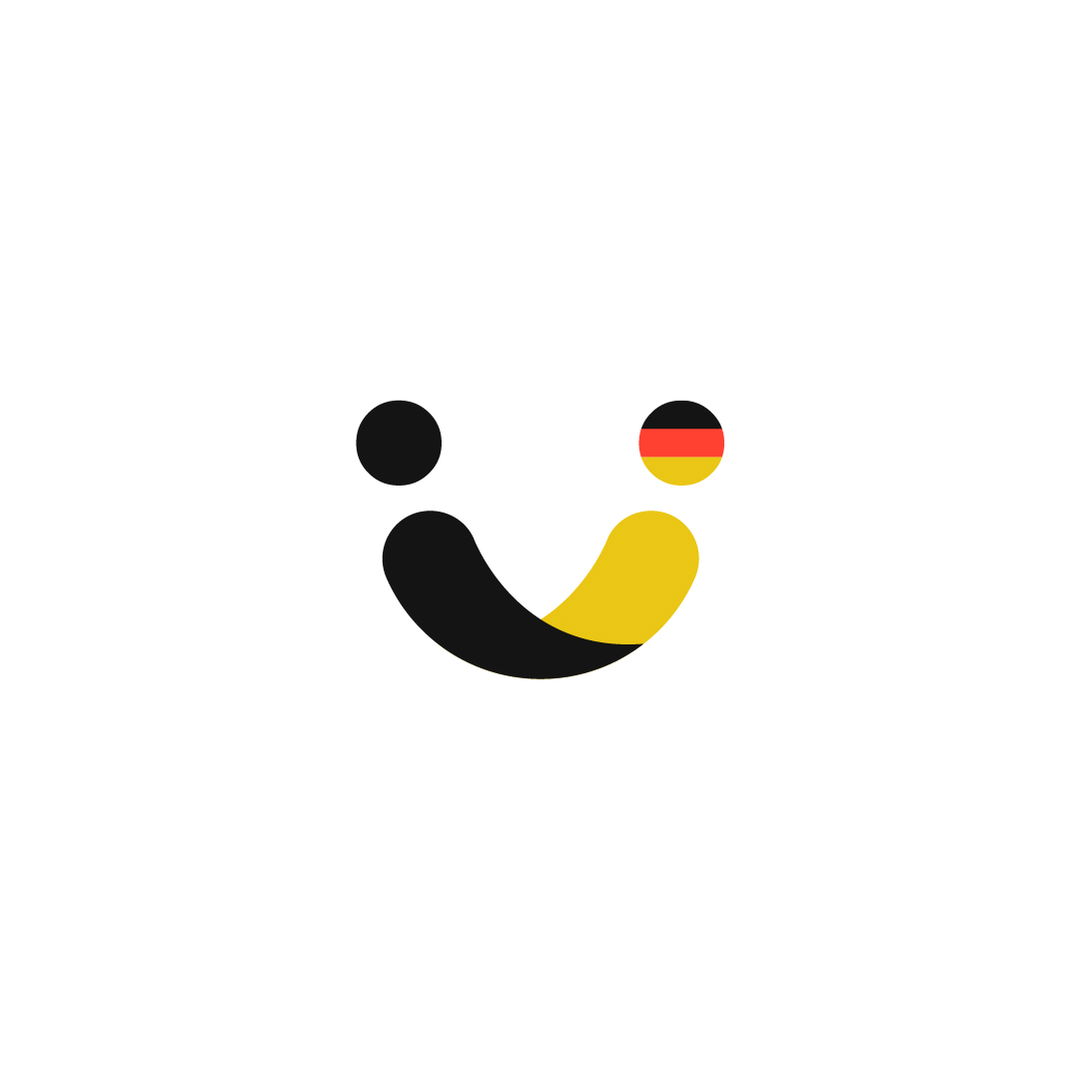Becoming a doctor in Germany provides wide career opportunities. With the increasing demand for medical professionals, especially in general medicine and family medicine, you can work in hospitals, clinics, or as a local independent medical practitioner.
Becoming a doctor in Germany provides wide career opportunities. With the increasing demand for medical professionals, especially in general medicine and family medicine, you can work in hospitals, clinics, or as an independent local medical practitioner.
The acceptance of international doctors is increasing, with an increase in requests for recognition of foreign qualifications. In addition to traditional roles, opportunities await you in research, teaching, and the private sector, where doctors achieve the highest salaries among all academic fields in Germany.
Entry requirements for doctors
To work as a doctor in Germany, foreign trained professionals need to obtain an official license called "Approbation". This license allows them to practice medicine without restrictions. It is necessary to have your education and training recognized in addition to meeting the German standards to obtain this license.
The medical authorities of each federal state handle the licensing process. Applicants must demonstrate physical fitness, personal aptitude, and proficiency in the German language. The specific language requirements vary depending on the federal state.
If you have additional medical qualifications or specialties from abroad, you can apply for recognition of your specialist title. However, this application can only be submitted after obtaining a medical license to practice in Germany.
Clarification of visa requirements
If you are a citizen of the European Union, Liechtenstein, Iceland, Norway, or Switzerland, you do not need a visa or residence permit to work in Germany. However, citizens of other countries must obtain a residence permit for this purpose.
Understanding medical treatment visa in Germany
Regarding the issuance of work and specialization visas in Germany, the rules of requirements and acceptance vary between the German embassies in different countries, and may even differ among employees in the same embassy. Sometimes, you and your colleague may apply at the same embassy in the same country with the same required documents, but your colleague may be asked for additional files, and perhaps your visa will be issued within a month, while your colleague is delayed for several months.
The visa issuance is affected by differences between the German states and the requirements for adjustment according to the country of issuance of the medical certificate. It can be said that the process is not restricted to fixed steps and depends on multiple factors.
The 'Bescheid' and certificate recognition in Germany
1. 'Bescheid': It is an official certificate from the German government authorities that proves your recognition and qualifications to work in Germany.
2. Need for certificate recognition and obtaining the 'Bescheid': In some cases, such as medicine and pharmacy, certificate recognition is necessary to ensure legality and permanent work.
3. Steps for certificate recognition and obtaining the 'Bescheid': Submit the required documents, which vary depending on the responsible authority.
Required documents
- Copy of passport.
- CV in German language.
- Certified and translated copy of graduation certificate.
- University transcripts with certified translation.
- Work experience certificates with certified translation.
- Proof of practicing the profession in the home country, translated and authenticated.
After submitting the documents, the license will be issued and sent to the specified address. This is followed by preparing the papers to apply for the visa at the embassy. These papers vary between embassies and countries and include:
1. Application request.
2. Curriculum vitae.
3. Motivation letter.
4. Passport.
5. Personal photos.
6. Unconvicted certificate.
7. Birth certificate.
8. General secondary education.
9. Graduation certificate.
10. Transcript of marks.
11. German language certificate.
12. Experience certificates.
13. Certificate of good conduct.
14. Proof of correspondence with the regulatory body.
15. Bank statement or guarantee.
Documents must be authenticated by the Ministry of Foreign Affairs after translation. It is preferable to translate documents by a translator in Germany. During the waiting period, it is necessary to improve the German language, and upon arrival, it is necessary to start correspondence to obtain a job offer or 'Hospitation'. Applications must continue to be sent until obtaining a job offer and booking a medical language exam.
